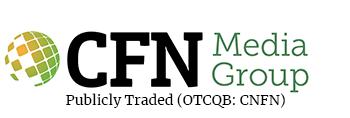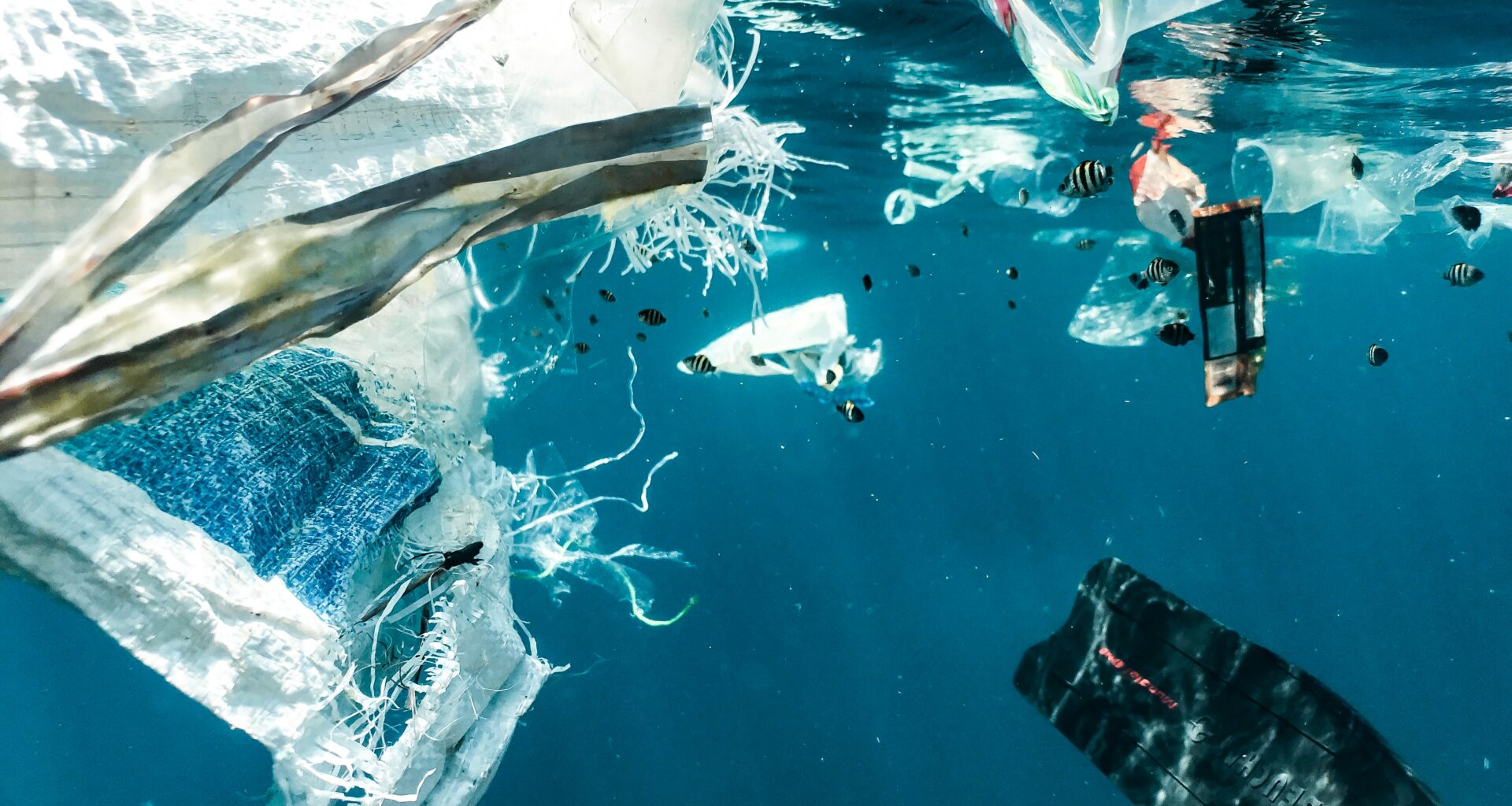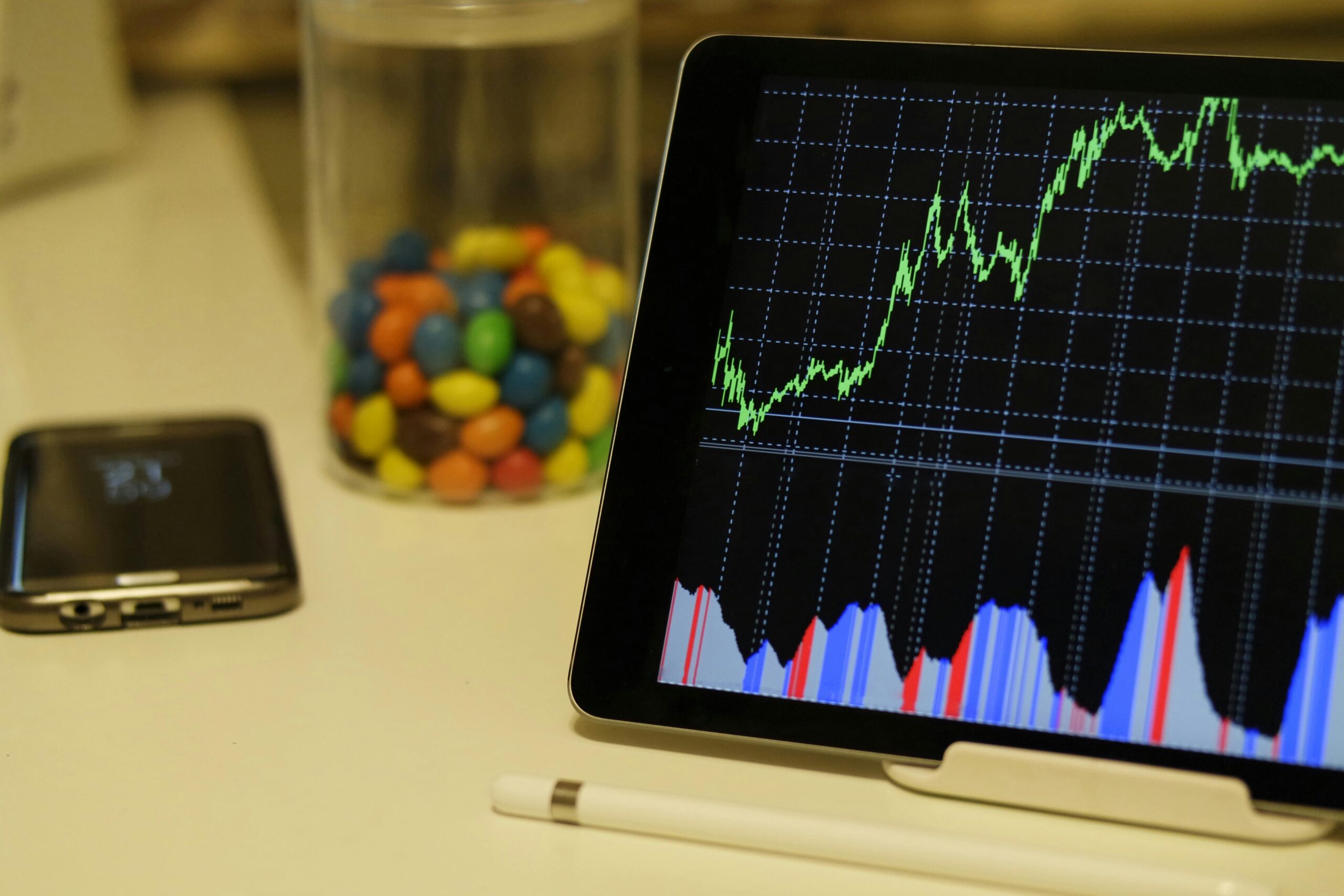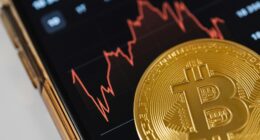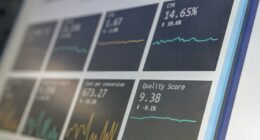The global plastic recycling industry is at a pivotal moment. While traditional recycling methods continue to struggle with low rates and persistent inefficiencies, a new wave of technology is emerging—offering investors a compelling opportunity to participate in the transformation of a sector with immense growth potential.
The Challenge of Plastic Recycling
Despite heightened environmental awareness and increasing regulatory pressure, the vast majority of plastic produced each year is not recycled. Current recycling rates remain below 10% globally, even as plastic production continues to rise. The reasons are multifaceted: contamination, the complexity of sorting different plastic types, and the economic challenges of processing low-value waste streams. These issues have historically limited the effectiveness of mechanical recycling.
However, the landscape is changing rapidly, driven by innovation in digital tools and advanced recycling technologies.
Digital Innovation: The Google/Dow Partnership
A major bottleneck in plastic recycling is the accurate identification and sorting of different types of plastics. Traditional sorting methods are labor-intensive, expensive, and often inaccurate, limiting the quality and quantity of recyclable material that can be recovered.
The recent partnership between Google (Nasdaq: GOOG) and Dow (NYSE: DOW) seeks to address this challenge using artificial intelligence. Together, they are developing AI-driven tools to improve the identification and sorting of plastics by examining feedstock at the molecular level to determine the type of plastic, making the recycling process more efficient and cost-effective. By leveraging Google’s expertise in machine learning and Dow’s deep knowledge of materials science, the collaboration aims to create scalable solutions that can be deployed globally. The initiative is expected to increase the volume and quality of recycled plastics, making it easier for manufacturers to incorporate recycled content into their products.
This partnership highlights the growing role of digital technologies in the recycling sector. AI-powered sorting systems can dramatically reduce contamination and improve yield, making recycling operations more economically viable. For investors, this represents a new frontier: companies that combine advanced recycling processes with cutting-edge digital tools are likely to be the leaders of the next generation of waste management.
Breakthroughs in Advanced Recycling
Aduro Clean Technologies, Inc. (Nasdaq: ADUR) (CSE: ACT) (FSE: 9D5) is pioneering a novel approach with its Hydrochemolytic™ technology (HCT™), which promises to address many of the shortcomings of traditional recycling. Unlike conventional methods that require high temperatures and generate significant emissions, HCT™ operates at lower temperatures and uses water as a reaction medium. This process can handle a wide range of plastics—including those that are difficult or impossible to recycle using existing methods—without extensive pre-sorting or cleaning.
Aduro’s technology is also notable for its ability to utilize contaminants as part of the process, turning potential liabilities into assets. This not only reduces waste but also improves the economic viability of recycling operations. The company is actively pursuing third-party validation through life cycle assessments, which will be crucial for regulatory approvals and broader market acceptance. For investors, Aduro represents a unique opportunity to back a scalable, versatile technology that could unlock new value from plastic waste streams.
PureCycle Technologies (Nasdaq: PCT) offers another promising solution, focusing on polypropylene—a plastic that is widely used but rarely recycled. PureCycle’s patented process uses solvent-based purification to remove color, odor, and contaminants, producing a resin that matches virgin plastic in quality. This technology enables true circularity for polypropylene, allowing it to be reused multiple times without degradation. PureCycle’s approach addresses a significant gap in the recycling market and has the potential to capture a large share of the growing demand for high-quality recycled resins.
The Investment Case
The plastic recycling market is projected to grow significantly in the coming decade. The global market for automatic plastic recycling systems is expected to reach $40.7 billion by 2034, with the broader plastic recycling market forecast to expand from $45 billion in 2023 to $129.5 billion by 2034. Regulatory tailwinds—such as the European Union’s new packaging regulations—are further accelerating demand for advanced recycling solutions.
Investors should focus on companies that are developing technologies capable of overcoming the technical and economic barriers that have limited traditional recycling. Aduro Clean Technologies and PureCycle Technologies are prime examples of innovators that are creating scalable, efficient, and versatile recycling processes. Meanwhile, collaborations like the Google/Dow partnership demonstrate how digital innovation can unlock new efficiencies and opportunities across the value chain.
The plastic recycling industry is entering a new era, defined by technological breakthroughs and digital transformation. For investors, this shift represents a rare opportunity to participate in the growth of a sector poised for rapid expansion. By focusing on companies and partnerships that are leveraging advanced recycling technologies and artificial intelligence, investors can position themselves to benefit from the transition to a more circular economy for plastics.
